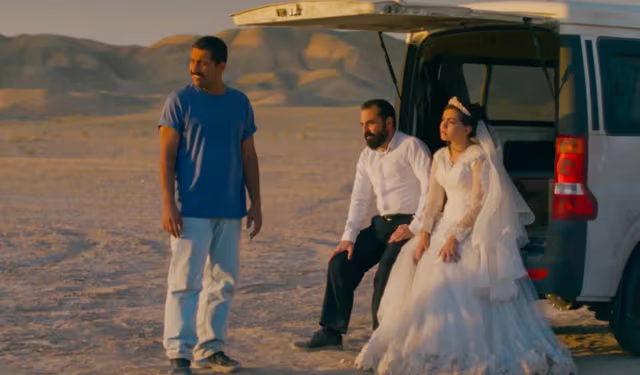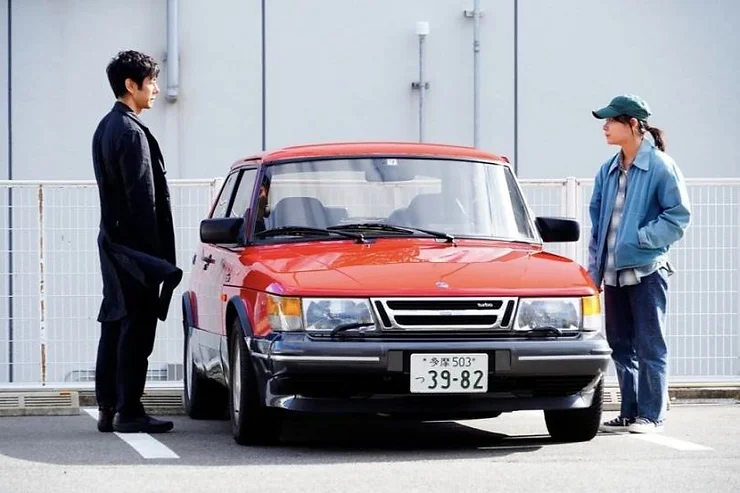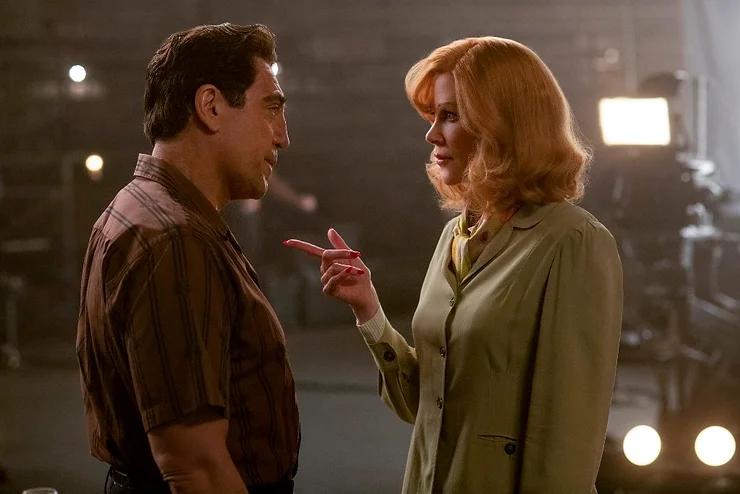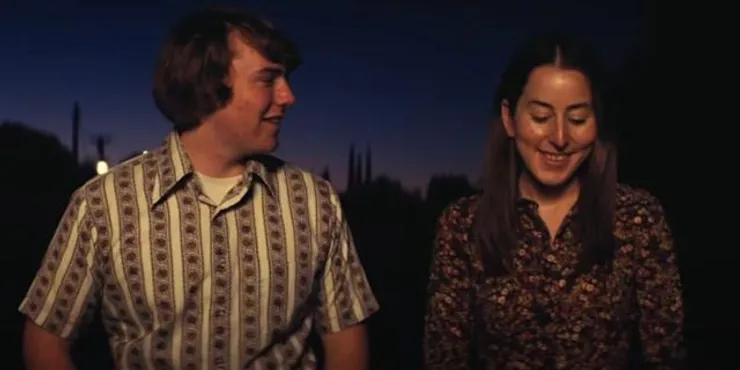It Was Just an Accident (Iran, France, and Luxembourg, 2025)
Original title: Yek tasadef sadeh (یک تصادف ساده)
Director: Jafar Panahi
Screenplay: Jafar Panahi
Main cast: Vahid Mobasseri, Mariam Afshari, Ebrahim Azizi, Hadis Pakbaten, and Majid Panahi
Running time: 105 minutes
It’s impossible to separate Jafar Panahi’s cinema from his person. This is not only because he appears in front of the camera in many of his feature films, but also because of the importance of his resistance to the authoritarian Iranian regime and his insistence on making films about the country and within its territory. Thus, It Was Just an Accident must also be seen as an act of rebellion against a system that sentenced him to no longer direct films and failed: his ability and will are greater than the impositions of the authoritarian regime.

It’s interesting how the reflection proposed by the work strongly relates to the events of the filmmaker’s life in recent years. In it, everything begins with the accident mentioned in the title: Eghbal (Ebrahim Azizi) is in the car with his family and accidentally hits a dog. However, this accident forces him to stop at a repair shop, where Vahid (Vahid Mobasseri) hears the sound of Eghbal’s prosthetic leg and recognizes him as the torturer from his time in prison. Vahid then plans revenge and, at the last moment, thinks about the possibility that he didn’t capture the right person. And thus begins a personal odyssey to decide what this man’s fate will be.
As much as the entire previous paragraph seems like a major spoiler about the film’s narrative, this general notion actually says very little about its content. This is because the true story lies in the encounters and dialogues the film proposes. While this is obviously important for a film with a more classical narrative, the preciousness of this script lies in the discussions about revenge, morality, and how people’s lives are affected when the State fails them. It lies in the peculiarities of each of the characters presented and in the increasingly bizarre situations they find themselves in, as well as in the solutions they find. Or, to put it simply, and using a popular saying to describe it, it’s a film about the journey, not the destination.
In this sense, the director does something very clever by introducing the characters to the audience without giving up much information about them. This can be a bit strange at first, given that films usually try to create a clear vision of each of the agents’ roles in the story. However, in a film that attempts to address moral judgments, nothing seems fairer than allowing viewers to experience something similar to what the characters themselves are dealing with. There’s even a phenomenon where people leave the theater and continue reflecting on the film, wondering what they would do in those people’s shoes.
Their own time in prison also appears on screen, through the memories shared by this group of characters who were also political prisoners and experienced quite violent moments in prison. While the violence on screen isn’t as intense as in an average Hollywood action film, it’s shown subtly, which makes perfect sense considering both the film’s budget and the way it was shot, as it had to be kept secret to avoid interruptions in filming.
This secretive filming allows the film to focus on the car’s location, but it also allows us to travel with the characters to various settings and experience situations ranging from daily occurrences, like the police ignoring a crime in progress to ask for a bribe, to the most peculiar, like a woman in labor being admitted to a hospital. As simple as it may seem, this narrative construction allows the audience to better understand the daily life of a country with which they have little contact, and gives a special dimension to a place from which we only receive news related to its government and external conflicts. It helps us realize that there are people who live there, capable of telling their own stories.
Thus, Panahi manages to, once again, touch us with a relatively simple yet thought-provoking narrative. With violence, humor, affection, and anguish, he makes us reflect on our own humanity and the consequences of an authoritarian state on the lives of ordinary people.




